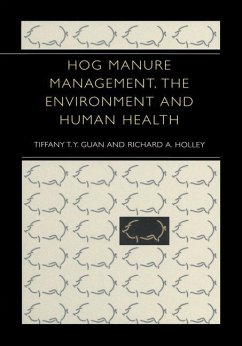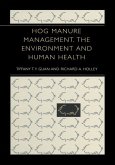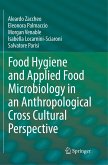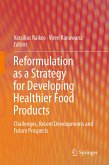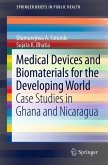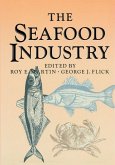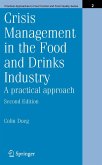This volume provides a current look at how development of intensive live stock production, particularly hogs, has affected human health with respect to zoonotic diseases primarily transmitted by food but also by water, air and oc cupational activity. While information presented focuses on the development of increasing livestock production in Canada, examples are given and compar isons are made with other countries (Denmark, Taiwan, the Netherlands and the United States) where the levels of livestock production are much more intense and where the industry is more mature. Canada is also searching for solutions to enable handling the growing volume of its livestock waste properly. Lessons learned from the experience of those who have gone before are invaluable and are drawn together in this volume to serve as useful guidance for others in plot ting the courses of action possible to avoid serious environmental setbacks and negative human health effects through foodborne illness. A significant portion of the text is devoted to a discussion of enteric illness in humans caused by zoonotic pathogens. The second chapter deals with sur vival of pathogens (which cause foodborne illness) in manure environments. An evaluation of the human health hazard likely to occur from the use of ma nure as fertilizer is important because of the recent trend toward an increase in foodborne illness from the consumption of minimally processed fruits and vegetables that may have been fertilized with animal-derived organic materials.
"The authors of the book [Guan and Holley] ... have done an excellent job of assembling scientific information that describes the relationship of manure management issues to human health problems in Canada and other major hog producing countries." (J. Lloyd Spencer, DVM, MS, PhD, Research Scientist, Animal Disease Research Institute, Food Inspection Agency, Ottawa, Ontario, Canada) "Hog Manure Management, the Environment and Human Health provides a current look at how development of intensive livestock production, particularly hogs, has affected human health with respect to zoonotic diseases primarily transmitted by food but also by water, air, and occupational activity. ... The book will serve as a scientific resource for both researchers and students and be used by legislative policy makers at the municipal level in formulating regional guidelines for manure handling practices, and by industry association s in providing guidance to the agricultural community." - Food Trade Review, December 2003

